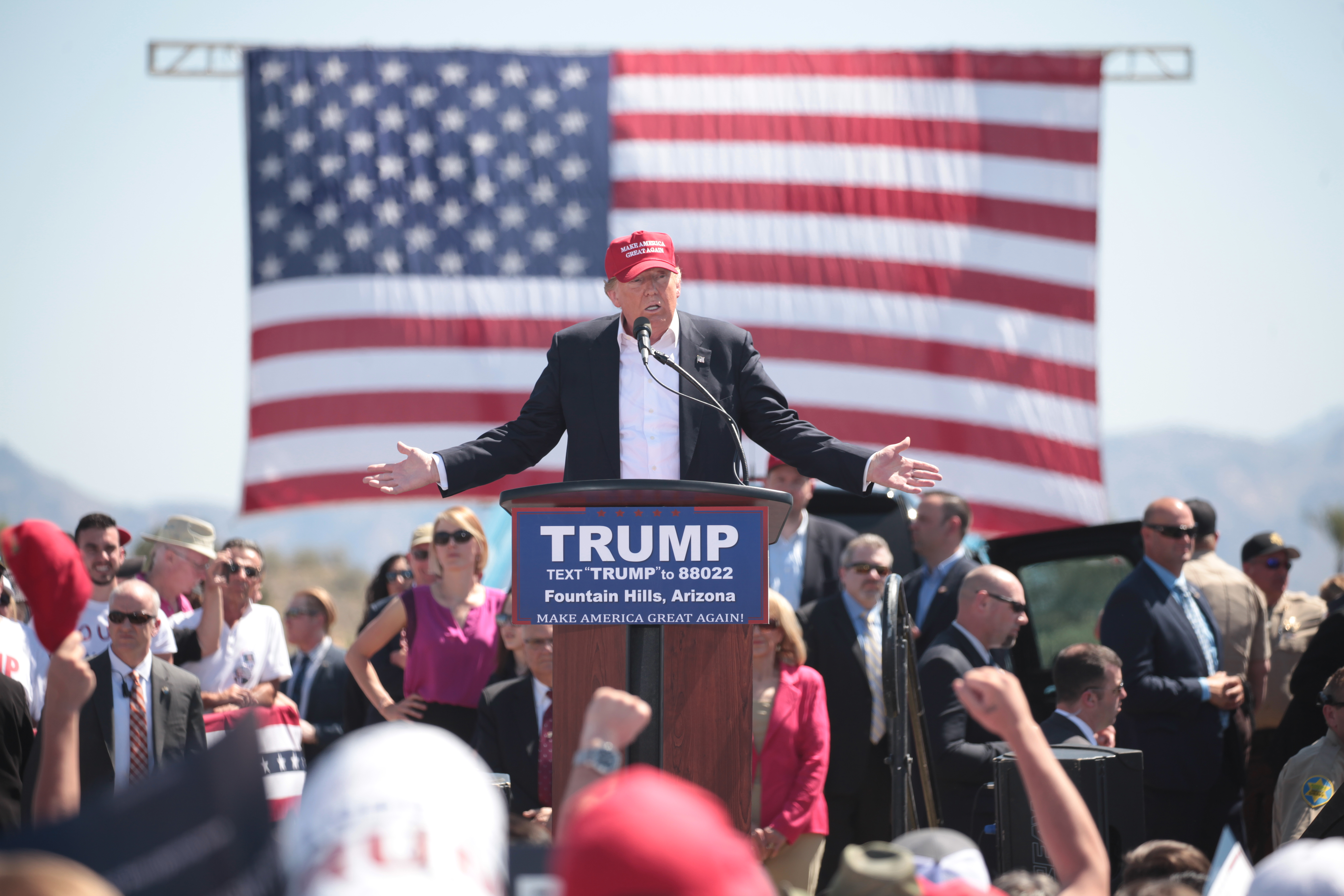When did it become so acceptable for politicians to act unprofessionally? This is a question that has gnawed at me since the start of this year’s presidential election campaign. Although many shocking, outrageous and false statements have been plastered all over social media, one of the more recent comments is particularly troubling. Donald Trump, who has built an entire campaign on inappropriate rhetoric, has drawn attention for his comments about Alicia Machado, a former Miss Universe pageant winner. After winning the beauty pageant in 1996, Machado gained some weight. This led to a slew of hateful comments from Trump, including calling her “Miss Piggy” and threatening to take her crown away because of the weight gain.
Being a young woman, particularly vulnerable presenting herself on an international stage, and then being belittled for the way she looks is humiliating. Machado noted that receiving such criticism was especially intimidating because it was coming from a powerful man. Anyone, regardless of their gender, would be mortified at this constant harassment. Machado was shamed for something normal — our bodies change as we age, and fluctuations in weight are bound to occur. But I digress from the biological aspect of this conversation; what is more important here is that by making such spiteful remarks, Trump is saying that a woman’s value lies in her beauty and not her intellect or character. To Donald Trump, it didn’t matter whether Machado was traveling the world for charity or working with humanitarian organizations. It only mattered to him that she was chubbier. Her weight gain made her undesirable and unworthy of the Miss Universe title, even if she was spending ample time doing community service and working toward the betterment of society.
The verbal abuse continued to not only attack Machado’s appearance, but her heritage, as Trump called her “Miss Housekeeping,” referring to her Latina background. These comments speak volumes about Trump’s character. Undermining Machado’s accomplishments and mocking thousands of people’s work shows that Trump doesn’t respect diversity and people who are different from him.
But let’s put this discussion on a broader scale — not just about Trump or Machado, but about interactions and remarks that people do or say daily that may be hurtful. Everybody is probably guilty of saying something that could be unkind or offensive, and that is part of being human. However, I think that we need to make more of an effort to be aware of when our comments have crossed a line. This is why it’s important for us not to ignore hateful and ignorant comments — such as the comments Trump directed toward Machado — because sometimes, remaining silent is the same as approving what was said or done.
Asha Kodan is a freshman biology major. She can be reached at ashakodan@ymail.com.



